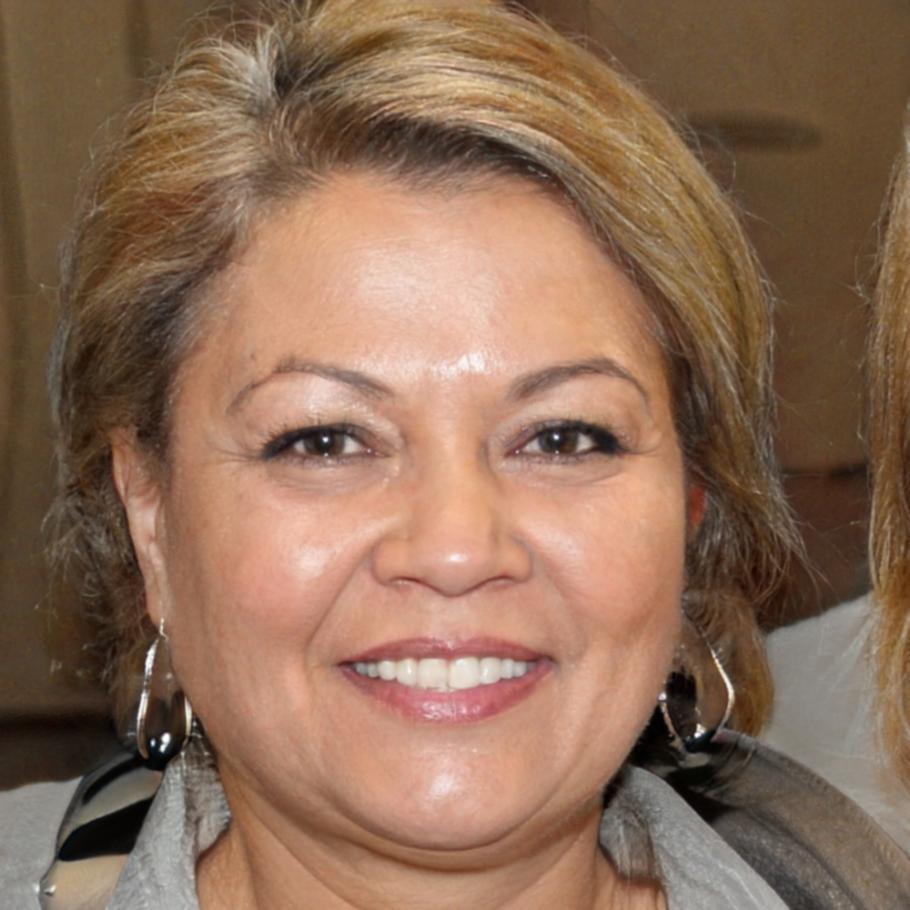From Frustration to Foundation
Our first workshop happened in a borrowed conference room with eight participants. We expected maybe three people to show up. The response told us something important—business owners were hungry for practical financial skills, not academic theory.
What started as weekend sessions turned into something bigger. By 2020, we'd helped over two hundred professionals understand their cash flow statements without falling asleep. Then came the shift to remote learning, which honestly made us better at what we do.
Now in 2025, we're focused on something specific: teaching financial analysis that actually gets used. Not frameworks that sit in binders gathering dust.

How We Think About Teaching
Real Scenarios Over Textbook Cases
We use actual anonymized business situations from Canadian companies. Last month, our cohort analyzed a manufacturing firm's equipment purchase decision. The numbers were messy, the context was complicated, and that's exactly why it was valuable. You won't find sterile examples here.
Context Matters More Than Formulas
Anyone can plug numbers into a spreadsheet. Understanding what those numbers mean for a specific business in a specific situation—that's the skill we're after. We spend more time discussing interpretation than calculation, because that's where decisions actually happen.
Learning Happens Through Doing
Our programs run six to eight months because meaningful skills take time. You'll work through financial statements, build models, present findings, and get feedback. It's structured more like an apprenticeship than a lecture series. Expect to be challenged, but also supported.
Who's Behind the Programs

Ingrid Kestler
Lead Instructor
Spent twelve years doing financial due diligence for mid-market acquisitions before realizing she preferred teaching to dealmaking. Ingrid designs our core curriculum and has a gift for making complex valuation concepts click. She's also unreasonably passionate about cash flow forecasting.

Torsten Bekker
Program Director
Former CFO of a logistics company who got tired of seeing smart operators make preventable financial mistakes. Torsten oversees program structure and works directly with participants on practical applications. He brings a no-nonsense approach and genuinely cares about outcomes, not just course completions.
What Makes Our Approach Different
Small Cohorts, Real Attention
We cap enrollment at twenty participants per session. This isn't scalable, and we're fine with that. You'll get individual feedback on your work, not automated responses. When someone's struggling with a concept, we notice and adjust.
Industry-Specific Applications
Financial analysis looks different across sectors. A retail operation has different priorities than a professional services firm. We organize exercises around industry contexts so the learning transfers directly to your actual work.
Flexible but Structured Timeline
Our next cohort begins in October 2025, running through March 2026. Weekly live sessions happen Tuesday evenings, with additional self-paced components. You'll spend about six hours per week total—manageable alongside a full-time role, but not trivial either.



Ready to Explore What We Offer?
Our program pages have detailed breakdowns of curriculum, timing, and what to expect. No sales pressure, just clear information about whether this might be a good fit for where you are professionally.
View Learning Program